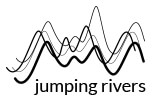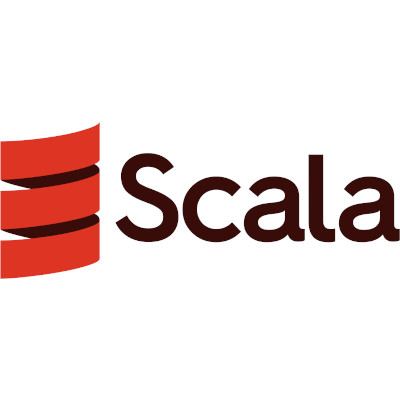Course Outline
The course will begin with an introduction to the Scala language and basic concepts of functional programming (FP), as well as essential Scala tools such as SBT for managing builds and library dependencies. The course will continue with an overview of the Scala collections library, including parallel collections, and we will see how parallel collections enable trivial parallelisation of many statistical computing algorithms on multi-core hardware. We will next survey the wider Scala library ecosystem, paying particular attention to Breeze, the Scala library for scientific computing and numerical linear algebra. We will see how to exploit non-uniform random number generation and matrix computations in Breeze for statistical applications. Both maximum-likelihood and simulation-based Bayesian statistical inference algorithms will be considered.
Much of the final day will be dedicated to understanding Apache Spark, the distributed Big Data analytics platform for Scala. We will understand how Spark relates to the parallel collections we have already examined, and see how it can be used not only for the processing of very large data sets, but also for the parallel and distributed analysis of large or otherwise computationally-intensive models. As time permits, we will discuss more advanced FP concepts, such as typeclasses, higher-kinded types, monoids, functors, monads, applicatives, streams and streaming data, and see how these enable the development of flexible, scalable, generic code in strongly-typed functional languages.
Learning Outcomes
By the end of the day participants will…
- learn how to manage builds and library dependencies using SBT
- understabd how parallel collections enable trivial parallelisation of statistical computing algorithms
- be able to use the Breeze Scala library for scientific computing and numerical linear algebra
- understand the advantages of using Apache Spark as a Big Data analytics platform
Prior Knowledge
The course assumes a basic familiarity with essential concepts in statistical computing, as well as some basic programming experience. It is assumed that participants will be familiar with writing their own functions in a language such as R, including essential control structures such as ‘for-loops’ and ‘if-statements’. The course is not suitable for people completely new to programming. However, no prior knowledge of Scala or functional programming is assumed. All participants will be expected to bring their own (multi-core) laptop and to have a recent version of Java pre-installed. Other set-up instructions will be provided in advance to registered participants.

